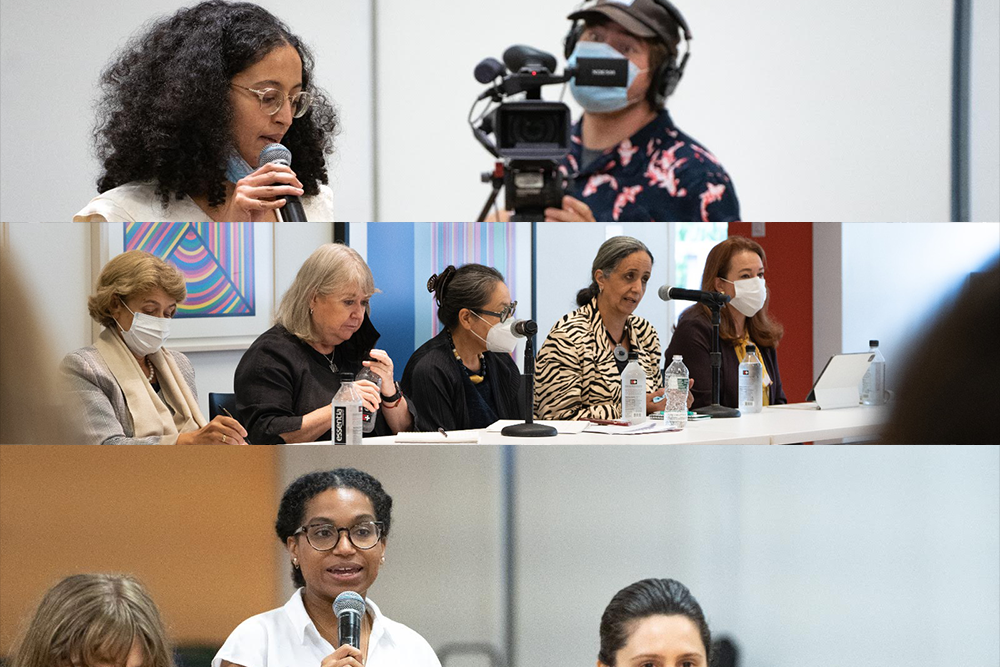
Not So Common Ground
This week, GPIA student Erica Levenson, a second year masters student in International Affairs with a concentration in Development and a minor in Political Economy, recaps our first in-person event of the semester: In Conversation with Global Leaders on United Nations Reform and “Our Common Agenda.”
Coinciding with the opening week of the 77th Session of the UN General Assembly, GPIA hosted four prominent UN women leaders for an intergenerational dialogue with students. The topic was Secretary-General Antonio Guterres’s “Our Common Agenda” report. The document was meant to set out a vision for the next 25 years of global cooperation and governance through proposals that reinvigorate multilateralism and respond to a growing push for UN reform.
The four leaders were from Global Women Leader Voices (GWL Voices), an organization of 60 prominent women working in global governance and lobbying for multilateralism and gender equality. GPIA Professor Sakiko Fukuda Parr acted as chair. She was joined by Irina Bokova, former Director-General of UNESCO and the first woman to lead that organization; Amat Alsoswa, minister of human rights of Yemen; María Fernanda Espinosa, one of only four women to be elected President of the United Nations General Assembly in its seventy-seven-year history; and Susana Malcorra, Chief of Staff for then-Secretary-General Ban Ki-moon.
At least 25 students, mostly from GPIA, joined the discussion. Participants concluded that the twelve commitments of “Our Common Agenda” largely leave out the desires and concerns of certain people, particularly women and people from developing countries.
According to GPIA Director Peter Hoffman, the purpose of the event was to provide a platform for the students, who are emerging leaders in international affairs, to voice their concerns about the UN and attempts at reform, and for the distinguished women to offer their thoughts in return, based on decades of experience and knowledge.
Student participants asked the speakers why some critical issues were neglected in the report or not mentioned at all. They include but are not limited to creating new and improved frameworks for private-sector engagement that avoid corporate capture, advancement of Indigenous rights and land reparations, amplification of developing country and Global South voices, activation of women’s rights, and empowerment in practice where in law they already exist, decolonization of the racial power structure that is created by the UN and that exists within the UN, and establishment of a framework of digital human rights.
Watch a recording of the event here: